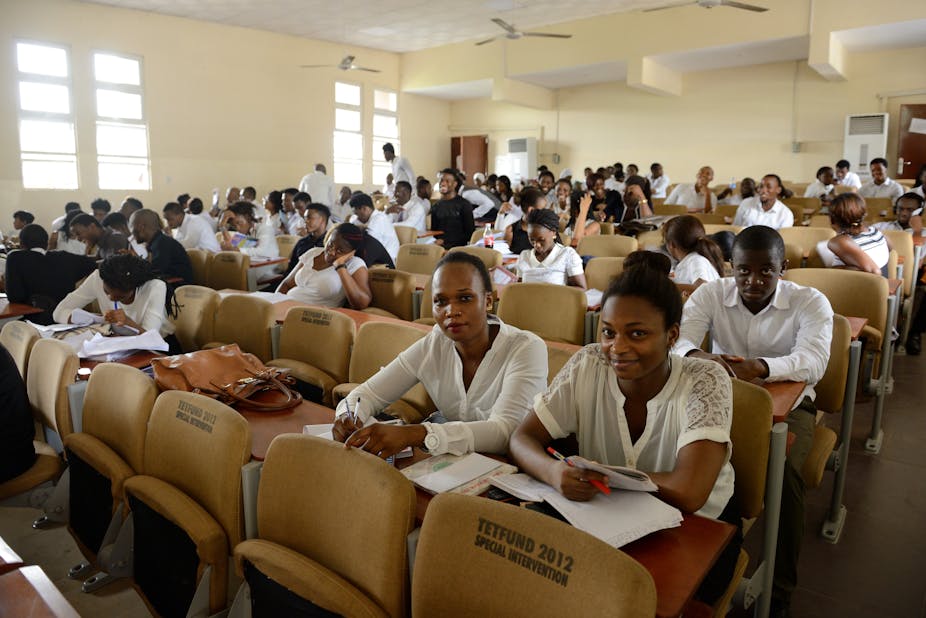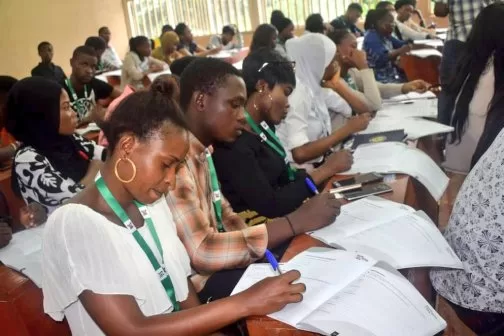The financial strain on parents is palpable. Even those working tirelessly often find it increasingly difficult to afford their children’s education. This reality contributes to a growing illiteracy rate in society, undermining the very foundation of future growth and development.
Universities defend these tuition hikes by citing inadequate government funding for tertiary education and the overall rise in inflation, which surged to 21.47% in November 2022—the highest in 17 years, according to the National Bureau of Statistics (NBS). These economic pressures create a challenging environment where educational institutions struggle to maintain quality while managing escalating costs.
The implications are far-reaching. Families must make tough choices, often sacrificing basic needs to ensure their children can attend school. As education becomes less accessible, the cycle of poverty perpetuates, with entire communities at risk of being left behind.
Meanwhile, the current hike in education costs does not solely impact tertiary institutions; it reverberates across all levels of the educational system, from primary to tertiary. This widespread increase poses significant challenges for families and students at every stage of learning.
Factors Driving Up Costs of Education
- Inflation Rates: With inflation skyrocketing, the cost of living has risen sharply, impacting every sector, including education. As of August 2024, inflation reached 32.15%, significantly increasing expenses for families and institutions alike. Although the inflation dropped a little compared to 33.40% in July however, this did not ease out the impact on stocks.
- Government Funding: Insufficient government funding for education has forced universities and colleges to rely heavily on tuition fees. This lack of financial support limits resources for quality education, leading institutions to hike tuition to cover basic operational costs.
- Cost of Living: The overall increase in living expenses, such as accommodation, food, and transportation, compounds the financial burden on students and their families. As these costs rise, so do the expenses associated with education.
- Devaluation of Naira: The devaluation of the Nigerian Naira against major currencies has impacted the cost of imported educational materials, including textbooks and laboratory equipment. As a result, schools often pass these increased costs onto parents, further exacerbating the financial strain on families.
Meanwhile, Education stakeholders have called for more robust policies that can help alleviate the financial burden on families. Suggestions include increasing public funding for education, implementing subsidies for low-income families, and creating more scholarship opportunities for students.

Government and Policy Responses to Rising Cost of Education
The Nigerian government has acknowledged the rising costs of education and has attempted various interventions. However, many of these efforts have been criticized as insufficient or poorly implemented. The recent increase in the national minimum wage to ₦70,000, while a step in the right direction, does not adequately address the steep rise in education costs, especially considering that a significant portion of this wage is quickly consumed by inflation.
In response to the growing financial burden, the Nigerian government has proposed the introduction of student loans as a potential solution. This initiative aims to ease the financial strain on families by providing students with access to funds for their education, thereby reducing the immediate burden of tuition and related costs.

